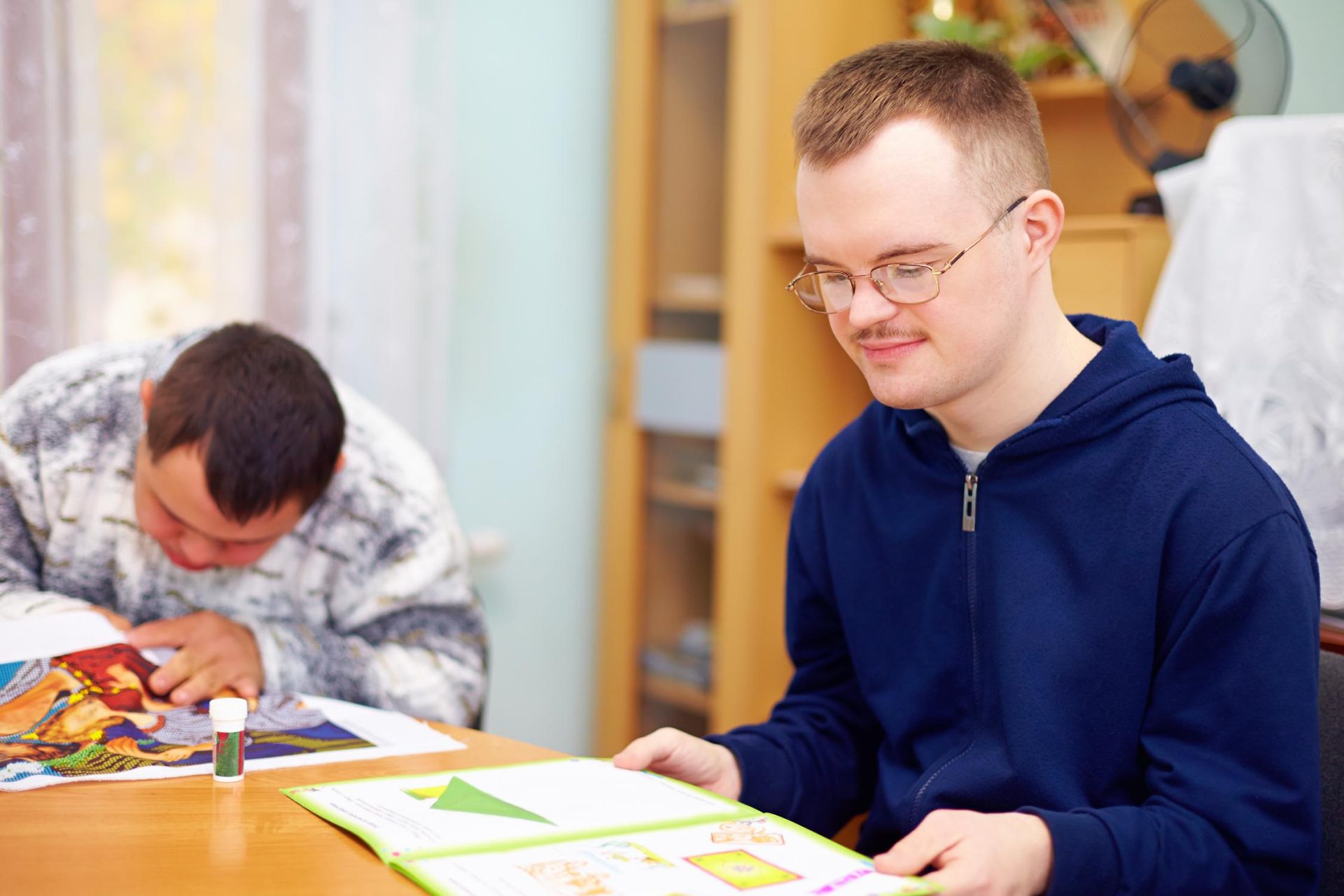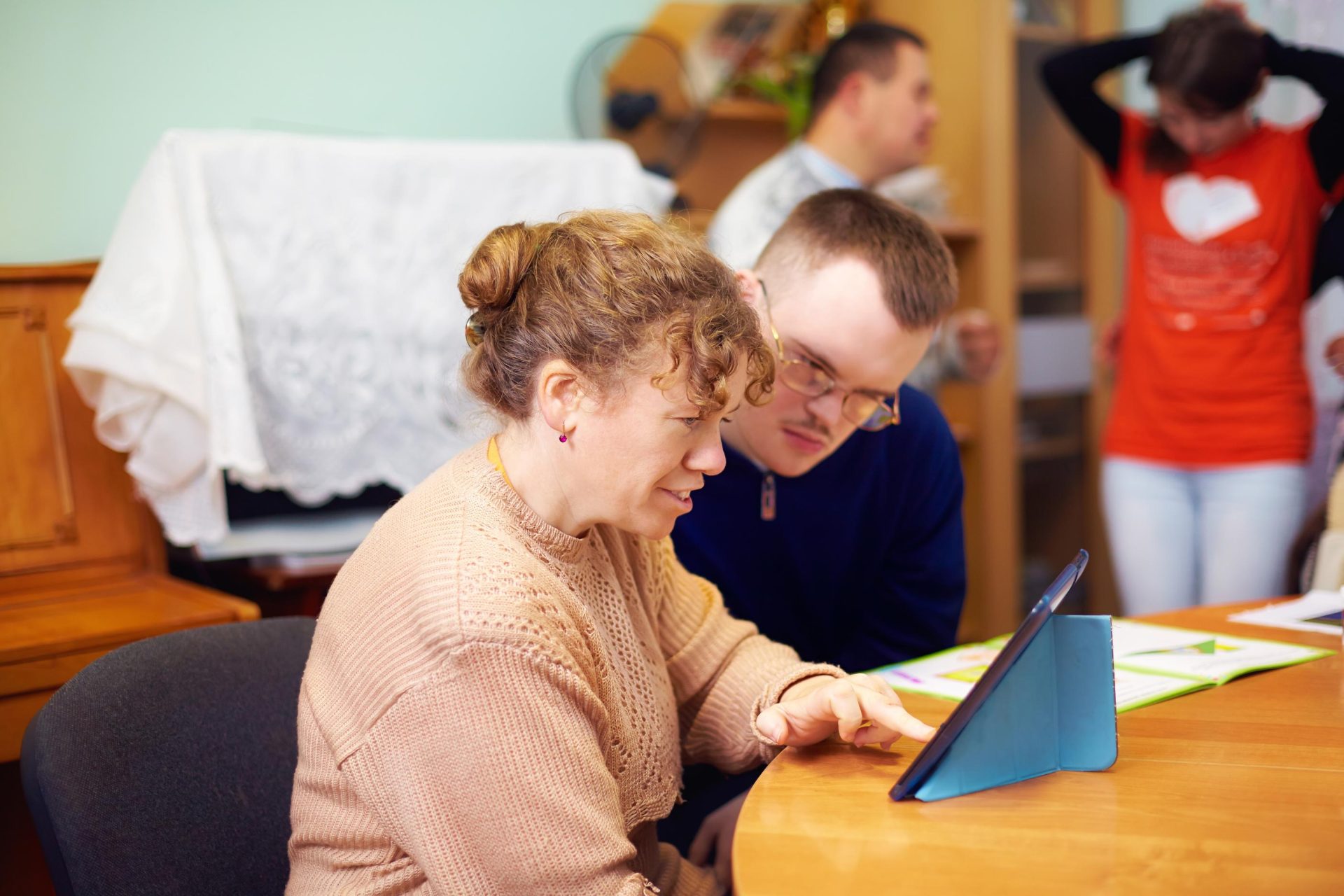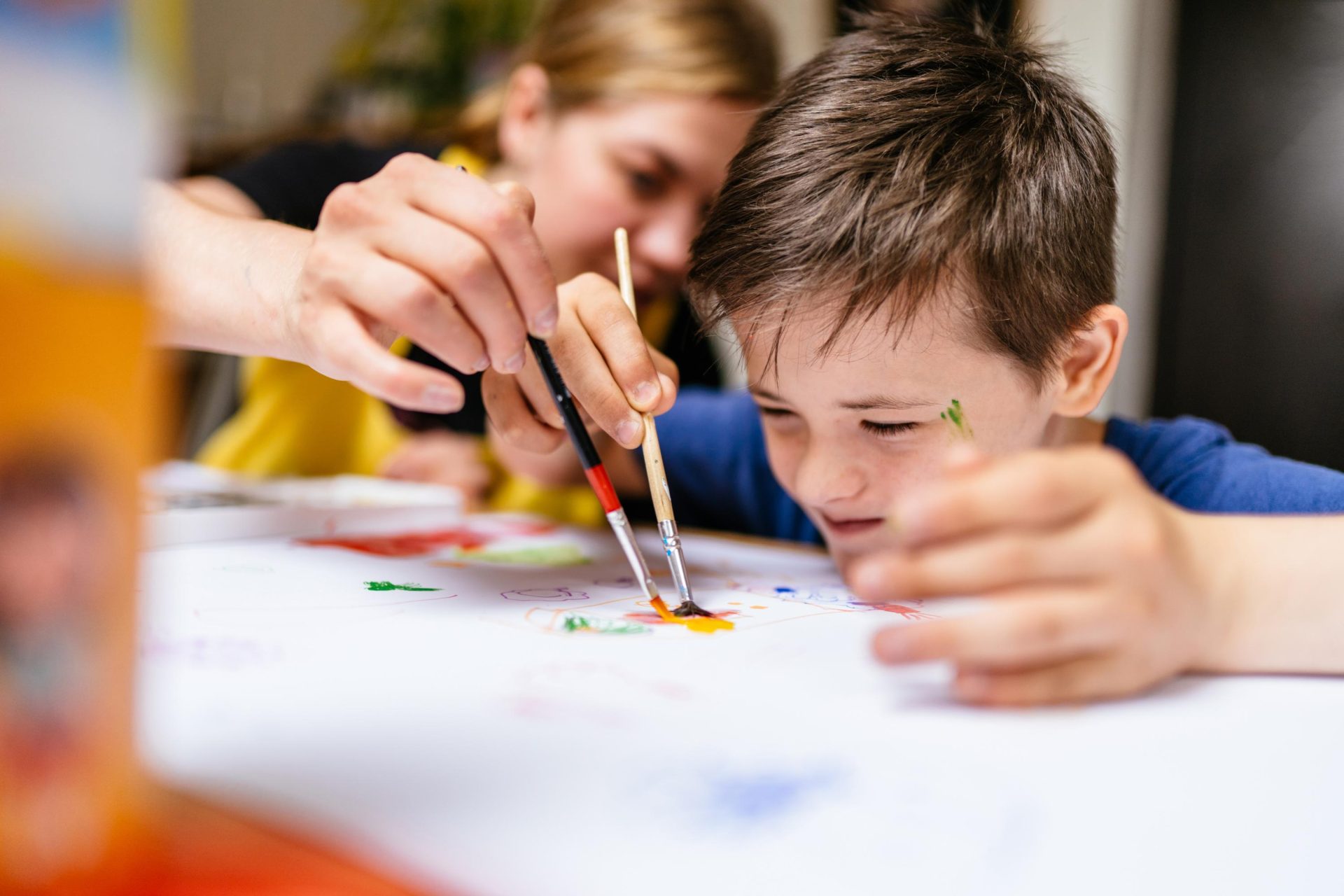
Transforming Understanding In Intellectual Disability And Mental Health

IMAGINE ID Stands For: Intellectual Disability and Mental Health: Assessing the Genomic Impact on Neurodevelopment
The IMAGINE ID and IMAGINE 2 studies are at the forefront of understanding how genetic variations can impact the development and behaviour of children with intellectual disabilities and mental health challenges. Operating across the UK and internationally, our research not only seeks answers to complex genetic questions but also aims to provide practical support to families affected by these conditions.

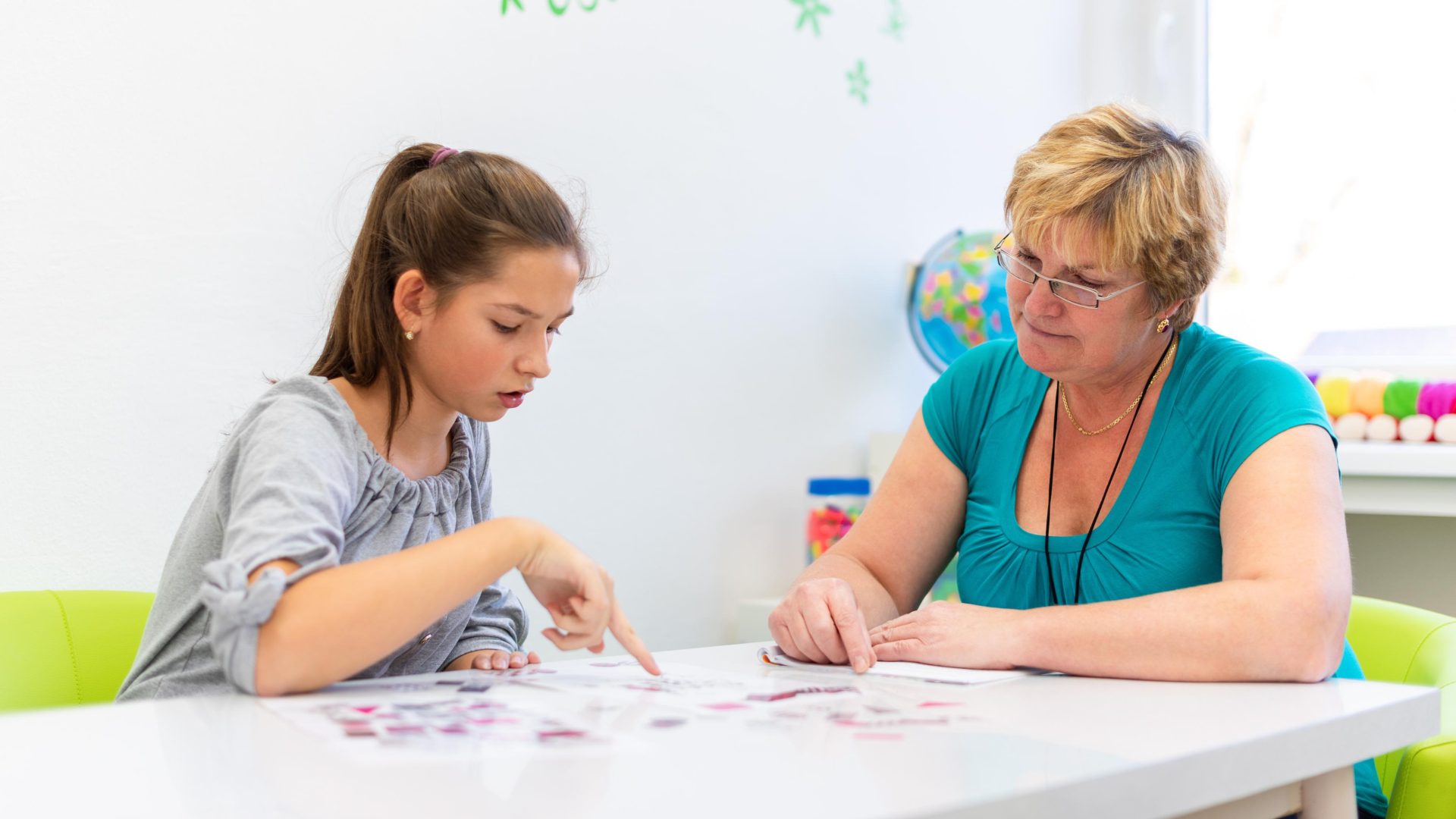
IMAGINE ID & IMAGINE 2: Understanding The Impact Of Genetic Conditions
In the first phase of IMAGINE ID (2015-2020), we successfully enrolled over 3,400 children with very rare genetic conditions that affected their intellectual development and caused developmental delays. This is a tremendous achievement. It is the largest study of its kind in the world. We are grateful to all the families who participated.
IMAGINE ID was funded by the UK’s Medical Research Council and the Medical Research Foundation to answer a question that parents frequently ask when they are first told about their child’s diagnosis :
What Does This Mean For My Child?
Because many genetic conditions are so rare, we found that professionals were often unable to answer this question. There was just no information available. They could describe the child’s physical health problems but had no idea what to tell parents about that child’s future behavioural, emotional or cognitive challenges.
IMAGINE ID And IMAGINE 2 Were Designed To:
- Discover how children born with rare genetic changes differed in their behavioural, emotional and cognitive development from early childhood into adolescence and beyond.
- Identify how children born with rare genetic changes could be better supported in terms of their day-to-day care and their education.
- Educate professionals who diagnose rare genetic conditions, and care for the physical health of affected children, about their potential mental health needs.
Building on discoveries we made during the course of IMAGINE ID, IMAGINE 2 followed up families from the original study (2020-2025). IMAGINE 2 aimed to find out how children’s development and behaviour changed as they grew into adolescence and early adulthood.



How Did We Do This?
In IMAGINE ID, families were asked to complete online questionnaires about their child. Some took part in face-to-face interviews too. In IMAGINE 2, a few years later, we invited all these families back and asked them to provide updated information about their child’s behaviour, medical history, and educational progress. We also learned about the support they were receiving, and importantly whether they had experienced a lack of appropriate support.
How We Help Families
Families participating in the IMAGINE ID study receive detailed annual reports highlighting their child’s strengths and challenges. These insights are crucial for developing targeted support strategies. By joining our study, you contribute to a growing body of knowledge that offers hope and guidance to families navigating similar challenges.
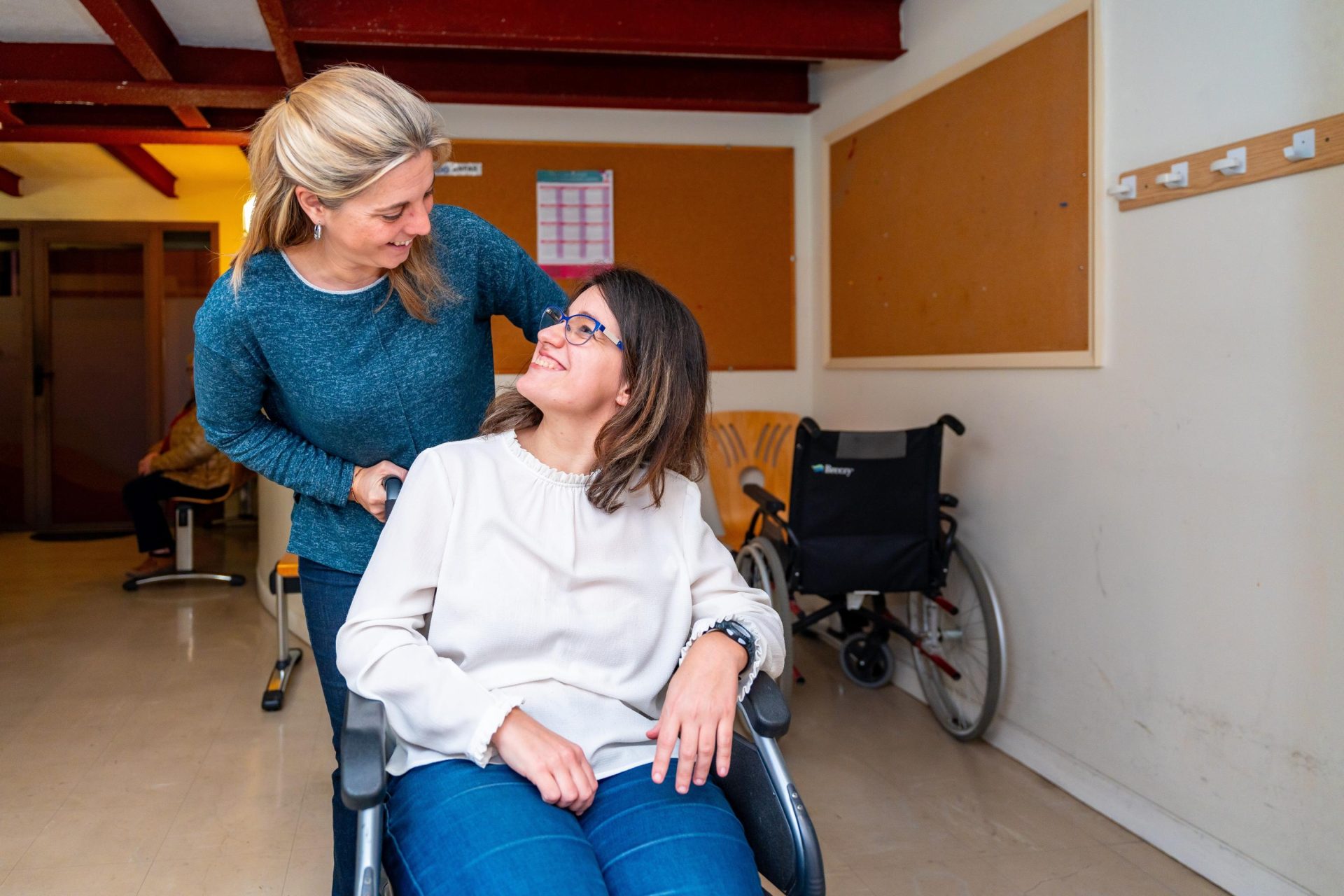


Personalised Support:
Participating families received annual personalised reports on their child’s strengths and difficulties, providing valuable insights for tailored care and support.

Contribution To Knowledge:
By joining IMAGINE ID, families directly contribute to advancing our knowledge about rare genetic conditions, benefiting not only their own child but also other children who have the same condition, because we are making our discoveries available to families and their carers worldwide.

Expertise Sharing:
Parents’ firsthand knowledge and experiences are highly valued, shaping the direction of research and offering invaluable support to other families navigating similar challenges.

As 2024 marked the final year of IMAGINE 2, recruitment for the study has now closed.
You can stay up to date with our latest research discoveries.
Visit the tab marked “Information for Researchers and Healthcare Professionals” to find all our publications in the scientific literature about rare genetic conditions.
We extend our heartfelt thanks to all the families who contributed to this important research.
© 2025 IMAGINE ID

